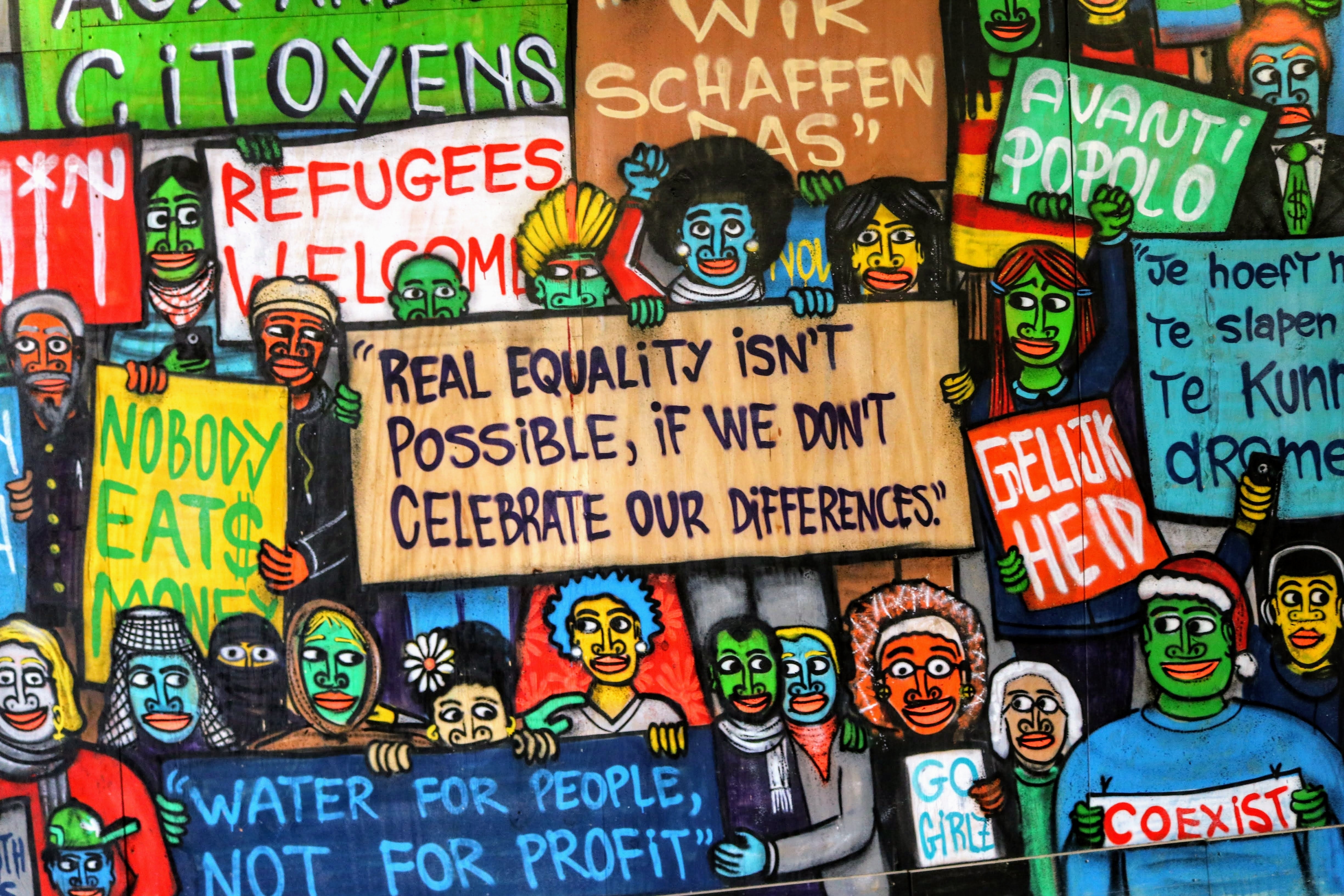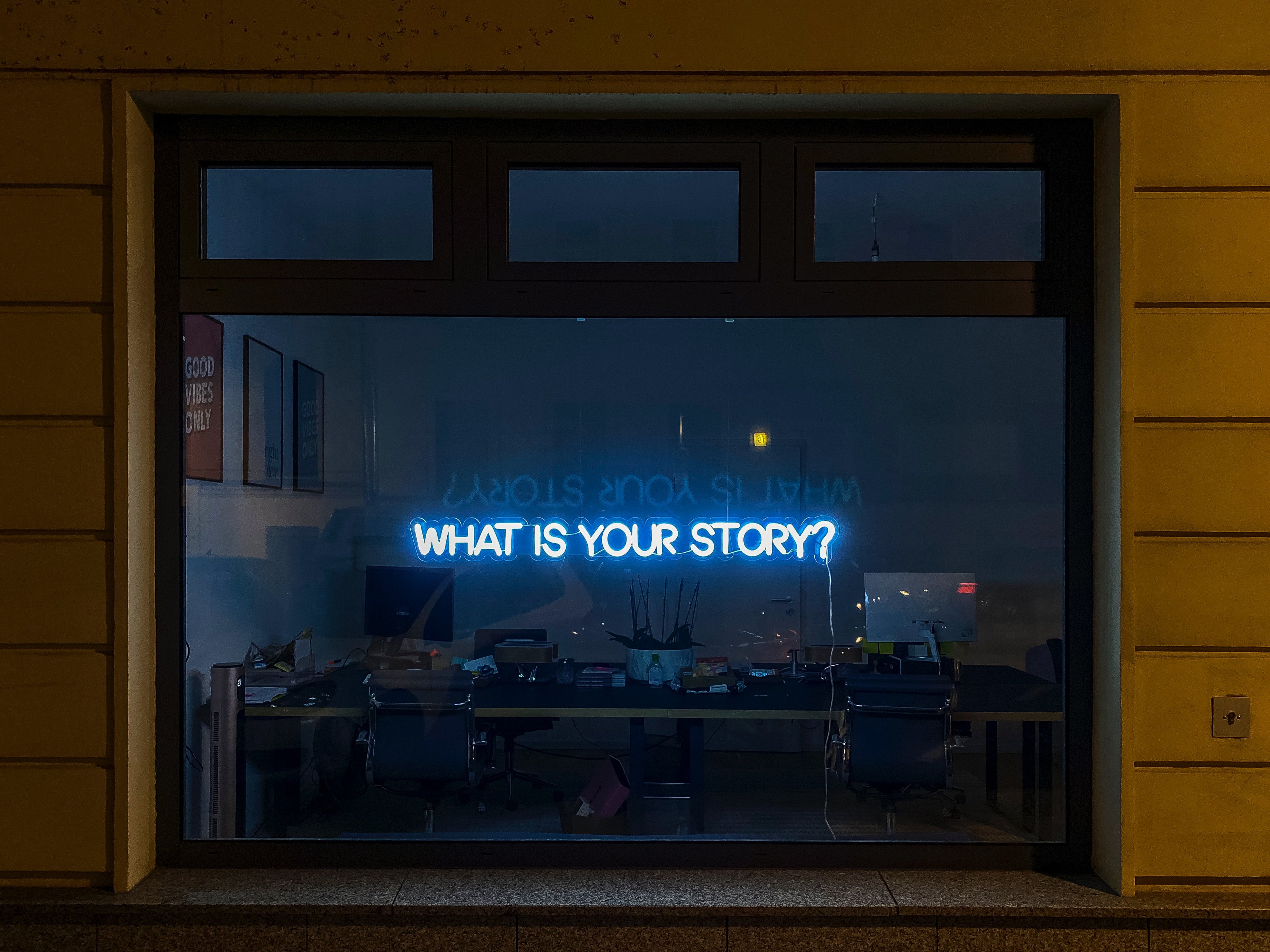A refuge experience knows many phases of which each is fed by positive and negative meanings. It starts with leaving behind everything that is familiar – your life, your loved ones, your environment – and the need to start over because of violence. This asks for a lot of effort, resilience, and ingenuity. During the first years after the refuge a lot of new positive energy is released but there are also many obstacles when trying to start over successfully in a new environment. Therefore, it is crucial that the societal structures surrounding refugees are inclusive enough to give these refugees a push in the right direction.
The experiences of earlier generations of refugees are essential to make the policy of governments, organizations, and societal initiatives inclusive. The structural involvement of refugee perspectives on a policy level contributes to a more representative and inclusive policy because the visions, experiences and expertise of the policy target group are included.
The Dutch Council for Refugees (VWN) has asked the Refugee Academy to give advice about how refugee-led advocacy in the Netherlands can get further substance and shape. Currently there is a shortage of clarity about the added value of experiential knowledge of refugee advocates. In our advisory report we therefore propose a new interpretation of advocacy. This interpretation renounces the old structure of participation bodies with the accompanying expectation that advocates represent large groups. On the contrary, we argue for the necessity and the ability of refugee advocates to broaden the perspective of policymakers through individual and 'supported stories' and to think along about how inclusive policy can be shaped.

